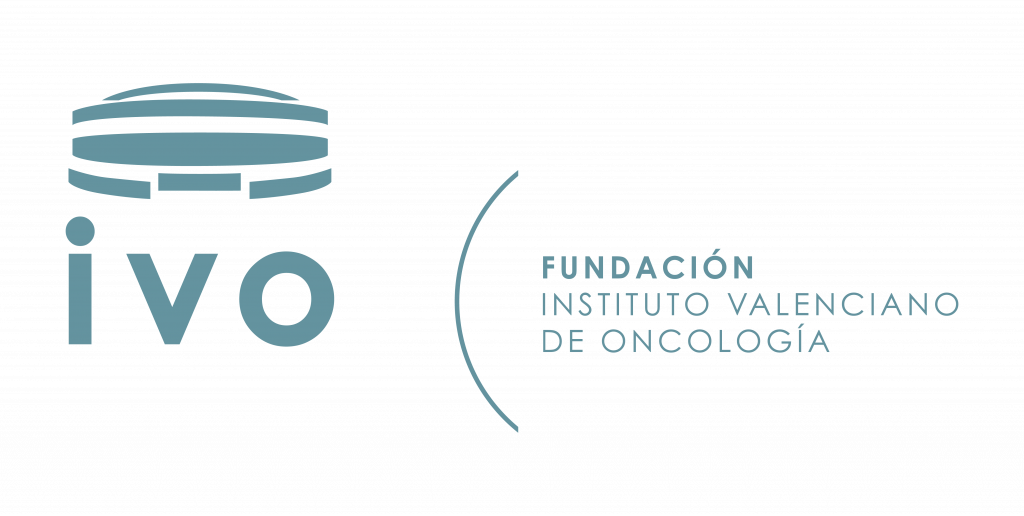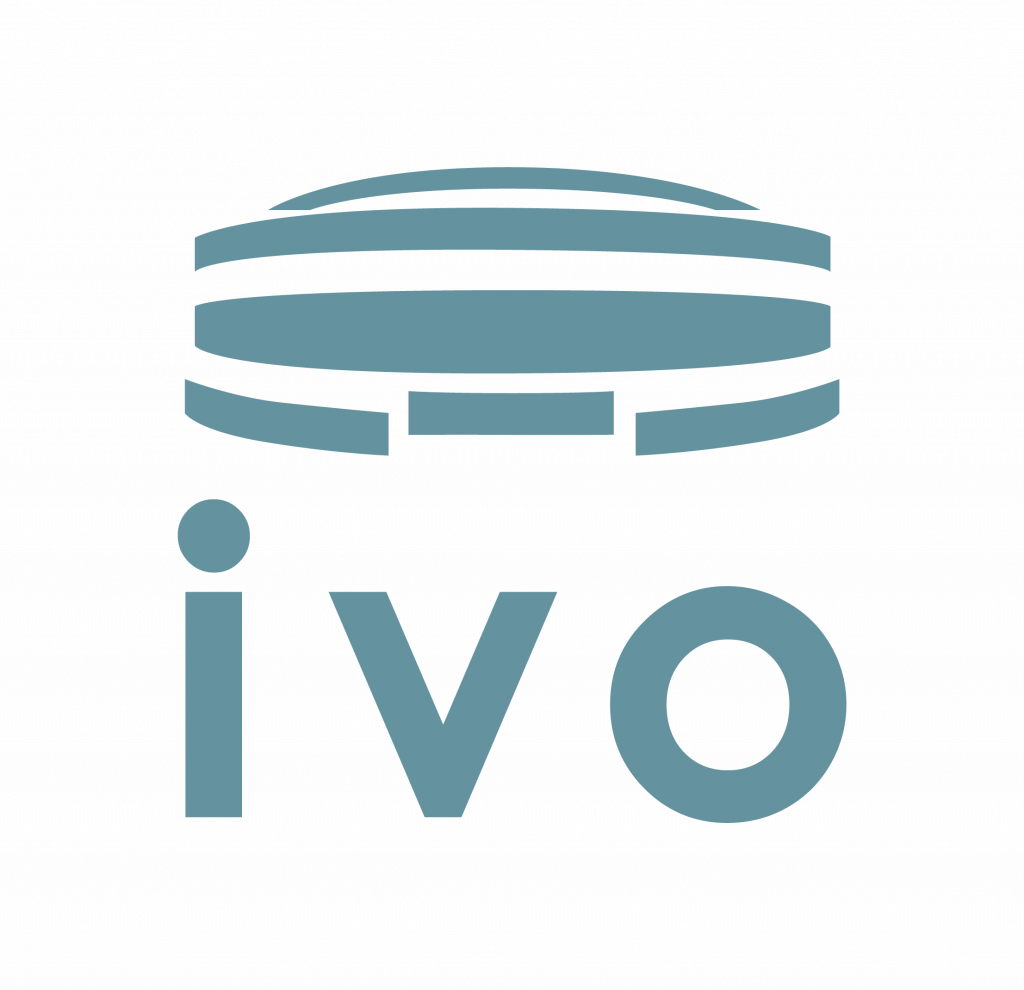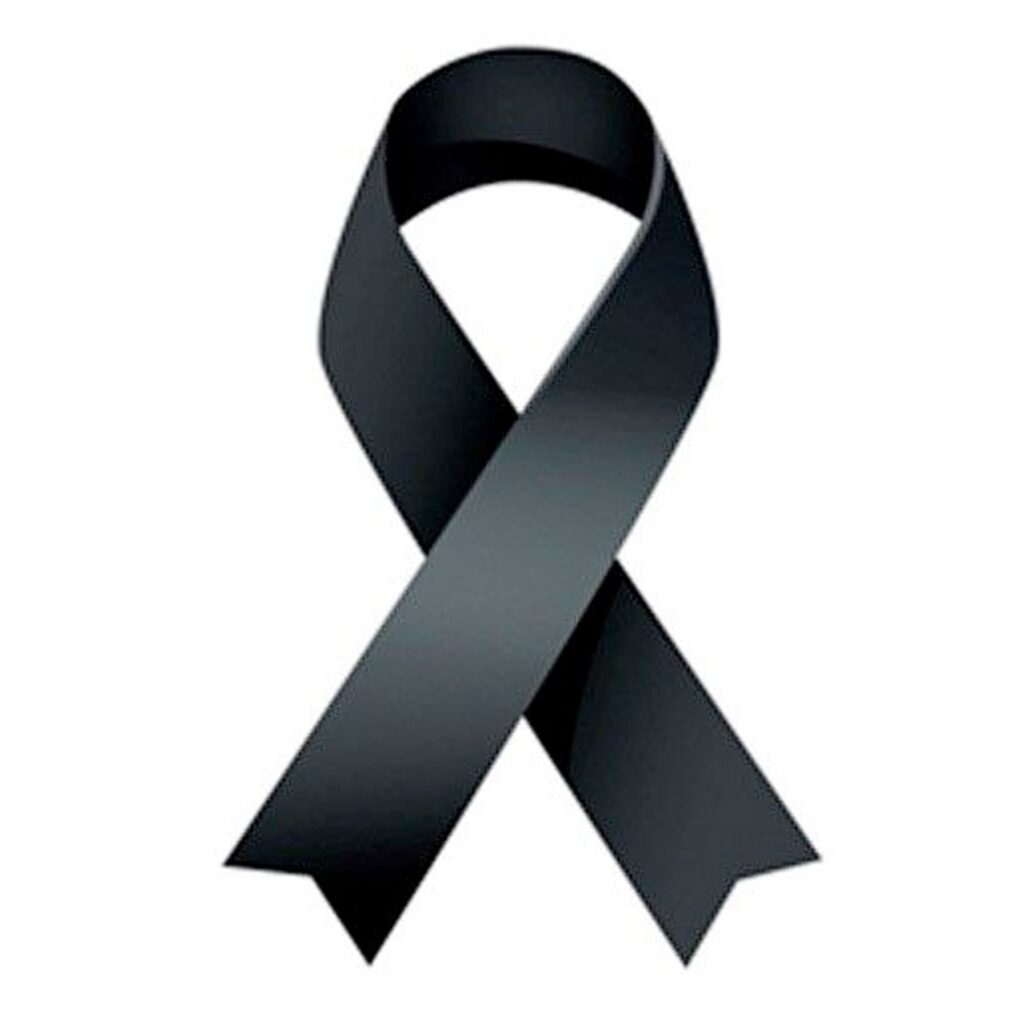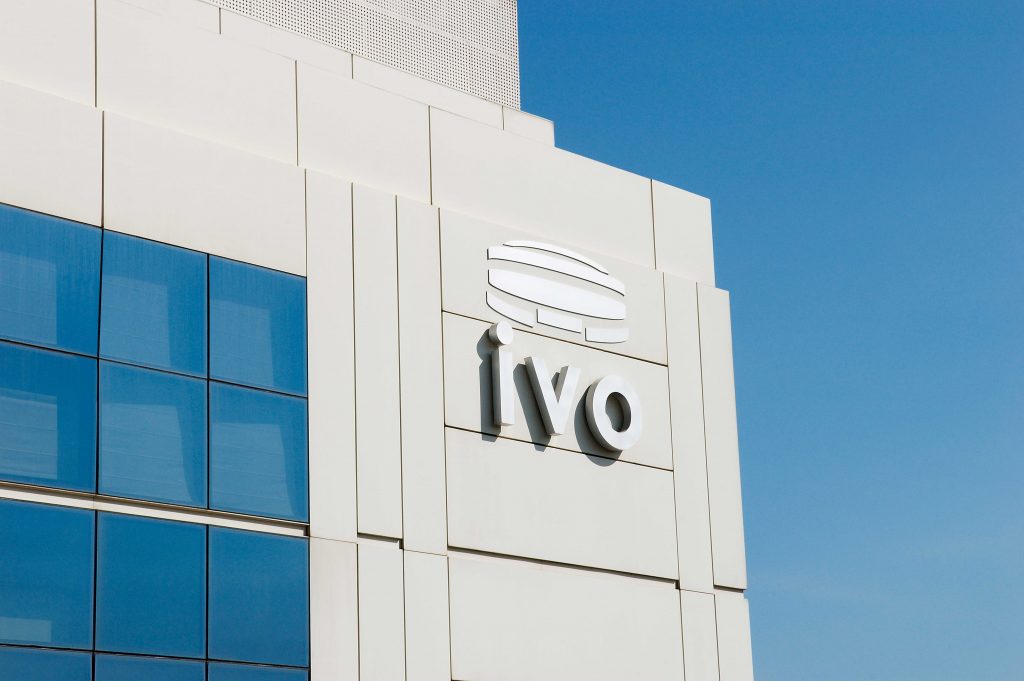The Haematological Tumour Committee is made up of a multidisciplinary team of professionals in: pathological anatomy, dermatology, nursing, haematology, nuclear medicine, medical oncology, radiation oncology, psychology, and radiodiagnosis.
The treatment of a tumour will depend on its typology, extension, and evolution. Depending on each case, there are therapeutic options available for surgery, external or internal radiotherapy (brachytherapy), or systemic treatments (chemotherapy, hormone therapy, drugs against molecular targets, etc.), and/or combinations of these.

Haematological tumours
The haematological tumours committee deals with cancers related to the haematology speciality.
Lymphoma is a cancer that affects lymphocytes, which are cells that are part of the body’s immune system (they help us fight infections).
Chronic lymphocytic leukaemia (CLL) is a blood cancer characterised by the overproduction of B-lymphocytes. B-lymphocytes protect the body against germs by producing proteins called antibodies.
Multiple myeloma is a type of bone marrow cancer caused by the malignant degeneration of plasma cells. Normal plasma cells are part of the immune system, which is made up of several types of cells that work together to fight infection and other diseases. Lymphocytes are the main cell type of the immune system. The main types of lymphocytes are B cells and T cells.
Services included in this committee
The Tumour Committees are regulated under established protocols and are made up of a multidisciplinary team of expert doctors from the main specialities depending on the type of tumour. The IVO’s haematological tumour committee is made up of multidisciplinary medical teams from the following specialities:





